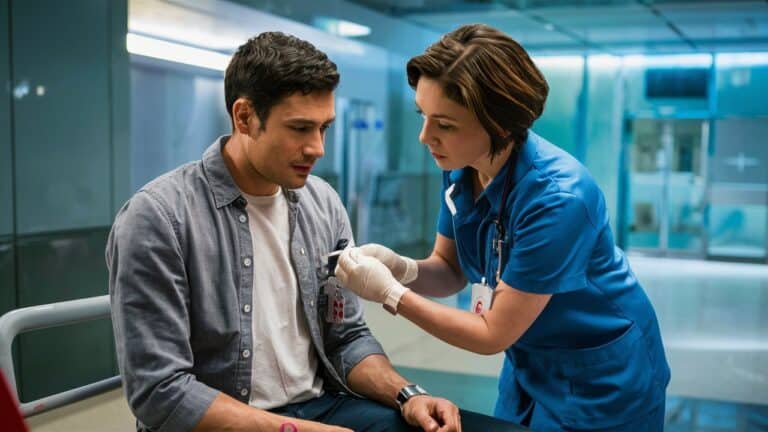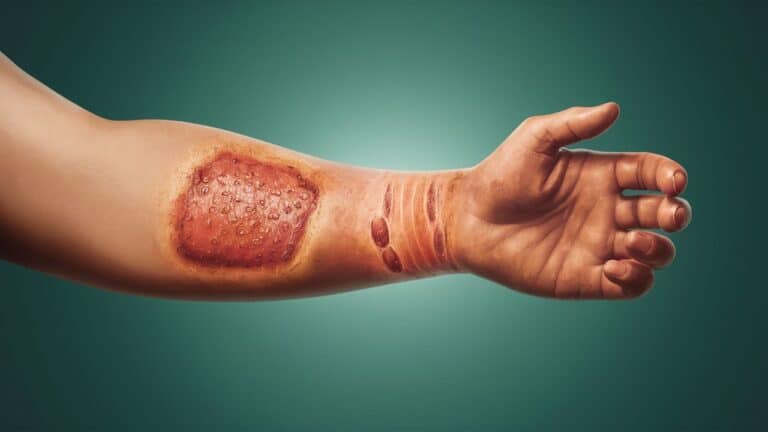- Auto Accidents, Motorcycle Accidents, Truck Accidents, Uber & Lyft Accidents, Workers' Compensation Claims
Many people have never visited a chiropractor (DC) before an auto accident, so they do not know what to expect during their first visit. Your first visit with a DC is much like the first visit with any other healthcare professional. The first step is to review your symptoms and history with the chiropractor before moving to a physical examination and diagnosis.
Initial Consultation to Review Symptoms and Patient History
This portion of your chiropractic visit will be like visiting a family doctor for the first time. The chiropractor needs to obtain a detailed description of the symptoms you are experiencing in addition to obtaining a complete record of your health and medical care history. The information may be obtained in several ways, including questionnaires, discussions with medical assistants, and discussions with the DC. Information you can expect to provide may include:
- General personal information (e. name, address, contact information, etc.)
- Description of symptoms and when they began
- A brief description of the motor vehicle accident
- A detailed health history, including any surgeries, medical procedures, past injuries, allergies, etc.
It is essential that you are honest and thorough in your responses to the chiropractor’s questions. This information assists the DC in diagnosing the problem and developing a successful treatment plan. You should consult an attorney prior to providing a written or verbal description of the motor vehicle accident. The Pinder Plotkin Legal Team provides free consultations in motor vehicle accident and workers’ compensation cases.
The Chiropractic Examination
After completing the initial paperwork and history, the chiropractor conducts a physical examination. The examination consists of gathering general data, such as your weight, pulse, blood pressure, height, and oxygen level. However, it also includes specific tests that focus on the area of the body where you are experiencing symptoms.
Depending on the symptoms and the affected area, a DC may perform tests to determine:
- Range of motion
- Muscle strength
- Posture analysis
- Neurological integrity
- Diagnostic tests, if necessary, including MRI scan, x-rays, CT scan, and laboratory tests
The DC may also perform chiropractic manipulation of the sore area to gather additional information. After a comprehensive examination and completion of required diagnostic tests, the chiropractor can provide a diagnosis and treatment plan.
Diagnosis and Treatment Plan
Once a DC completes the patient history, physical examination, and diagnostic tests, he or she can make a diagnosis based on the information gathered from all sources. The chiropractor will explain the problems and issues discovered during the examination and whether chiropractic care is recommended. The DC also explains why and how chiropractic care can help you recover and heal from injuries sustained in the car accident.
After discussing the results of the examination and the diagnosis, the DC reviews the prescribed chiropractic treatment plan. During this discussion, you should ask questions and raise concerns that you feel need to be addressed before moving forward with treatment. When you complete the first visit, you should have the following information:
- A detailed diagnosis of your condition;
- Individualized chiropractic treatment plan tailored to treat your specific injuries and conditions;
- Explanation of methods and treatment options;
- Risks and benefits of the prescribed treatment plan; and,
- Anticipated length of treatment and chiropractic care to correct the problems.
If the chiropractor did not provide a written summary of your visit, you should request the summary for your records.
If you have been injured, The Pinder Plotkin Legal Team can help you recover compensation for your injuries, including compensation for physical therapy, surgery, and chiropractic care. If you suffer a personal injury or are involved in a work-related accident, and Pinder Plotkin agrees to take your case, you do not pay a dime unless there is a recovery by settlement or judgment. Please call us today at (410) 525-5337 or online.
The information provided in this website is provided for informational purposes only, and should not be construed as legal advice on any subject. The information contained in this blog is also subject to change and should not be relied upon. Contact the Pinder Plotkin Legal Team for a FREE consultation.





